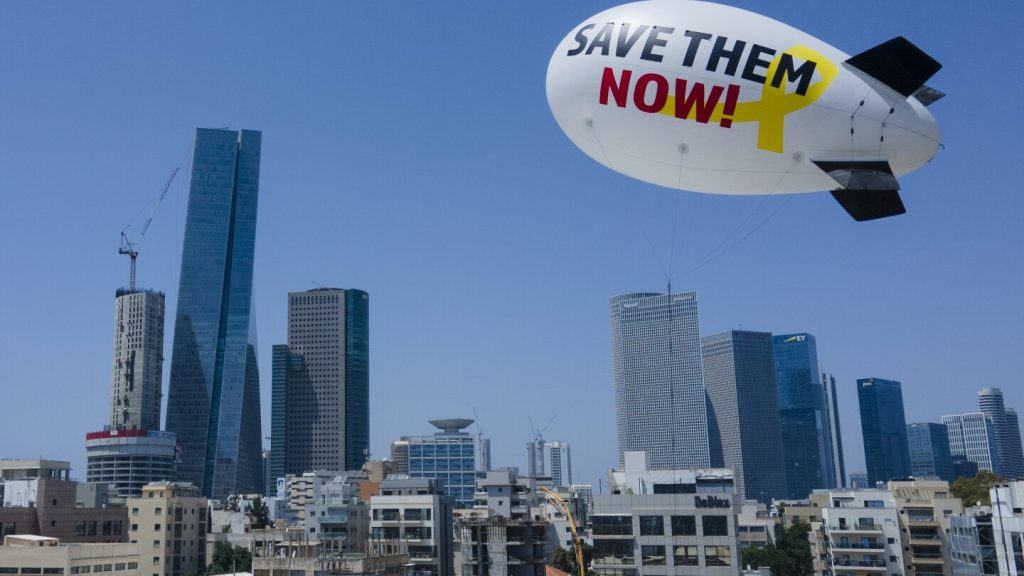At least 274 Palestinians, including dozens of children, were killed, and hundreds more were wounded in an Israeli raid that rescued four hostages held by Hamas in Gaza, according to the Health Ministry. The Israeli military faced heavy fire during the complex operation in Nuseirat, a refugee camp dating back to the 1948 Arab-Israeli war. The success of rescuing the hostages came at a heavy cost, adding to the toll of the ongoing war ignited by Hamas’ attack on October 7. The raid was the largest rescue operation since October, when Hamas and other militants killed about 1,200 people and took around 250 hostages.
Rescuing hostages in densely populated areas or within Hamas’ tunnels presents complex and risky challenges for Israeli forces. Previous raids have resulted in high casualties, with a February operation freeing two hostages but leaving 74 Palestinians dead. The ongoing offensive in Gaza has resulted in over 36,700 Palestinian deaths, according to the Health Ministry, with women and children among the casualties. The latest rescue operation led to the deaths of 64 children and 57 women, with nearly 700 wounded.
Medical personnel in Gaza described chaotic scenes following the raid, with hospitals overwhelmed by the influx of wounded from days of heavy Israeli strikes in the area. Doctors Without Borders reported treating a wide range of war injuries, including amputations, burns, and traumatic brain injuries. Children were among the most affected, with many in shock and in need of urgent medical attention. The Israeli military defended its actions, stating that the operation targeted threats to its forces in the area and resulted in the death of a special forces officer.
Four hostages, including Noa Argamani, Almog Meir Jan, Andrey Kozlov, and Shlomi Ziv, were rescued in the operation, sparking celebrations in Israel. Argamani’s mother, who has brain cancer, had pleaded for her daughter’s safe return in a video. The hostages, who were taken from a music festival, have lost friends and family, and are receiving medical treatment and emotional support to help rebuild their lives. Despite the success of the latest rescue, around 120 hostages remain, with some released and others pronounced dead during a cease-fire in November.
Efforts to secure a cease-fire deal and bring an end to the conflict have faced challenges in Israel, with divisions over the best approach. While many Israelis support a cease-fire, some far-right allies of Prime Minister Netanyahu threaten to collapse the government if he agrees to a deal. Benny Gantz, a prominent centrist member of the War Cabinet, had threatened to resign if a new plan was not adopted by Saturday. The involvement of U.S. Secretary of State Antony Blinken and other international mediators in cease-fire efforts highlights the urgency to end the bloodshed and alleviate the humanitarian crisis in Gaza.
As pressure mounts on Israel to minimize civilian casualties, concerns over widespread hunger among Palestinians due to fighting and restrictions on aid delivery persist. International efforts to broker a cease-fire and address the root causes of the conflict continue, with the goal of ending the cycle of violence and achieving a lasting peace. The situation in Gaza remains dire, with the impact of the war reverberating throughout the region and prompting calls for immediate action to prevent further loss of life and suffering.


